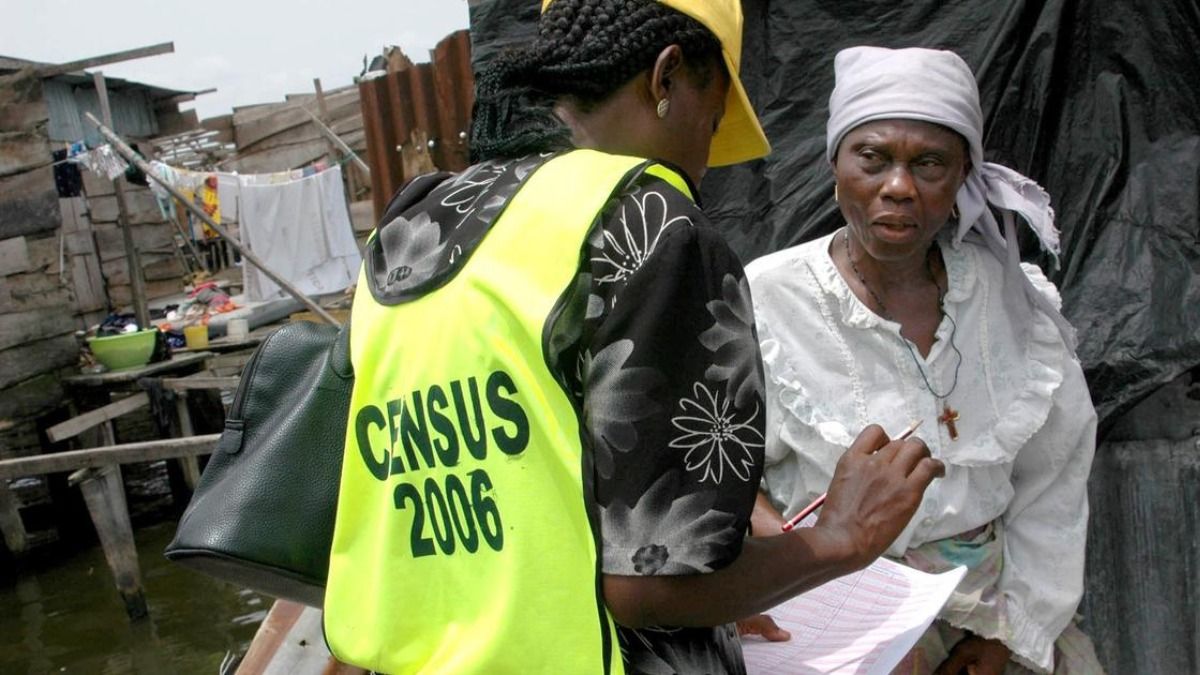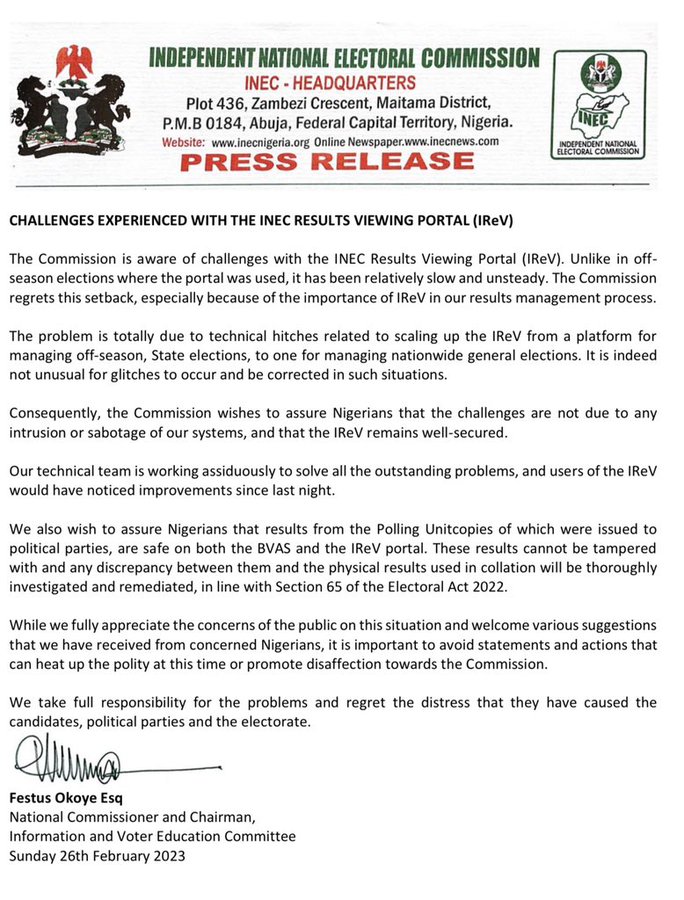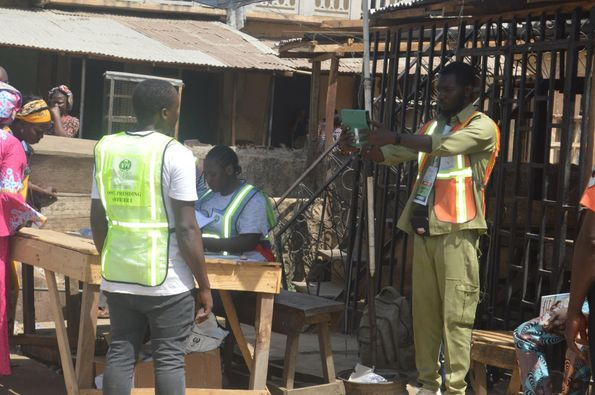Will Nigeria's "digital census" be different from INEC's poor tech?
Nigeria is holding its first digital census this month. This article looks at the failure of Nigeria's most technologically advanced election and what it means for the forthcoming census in the country.

The Independent National Electoral Commission (INEC) on Wednesday (March 1, 2023), announced the ruling party's Bola Tinubu as Nigeria's president-elect, following a controversial election that has been marred by the poor performance of the electoral body's technology amongst other challenges.
"We had issues with the Biometric Voter accreditation system (BVAS) in Anambra and FCT when we deployed it in November 2021 and February 2022. We went back to the drawing board and we have found the solution," Mahmood Yakubu, INEC chairman said at Chatham House in January.
Despite Yakubu's continued assurance, BVAS—which is used for both voter accreditation and e-transmission of results for collation, and INEC Election Result Viewing Portal (IReV)—designed to provide public access to polling units results, failed. How? On election day, I visited about 10 polling units across Jos metropolis in North Central Nigeria, and at least seven of these units had malfunctioning BVAS machines.
At a polling unit of over 1000 registered voters, only one out of the three BVAS machines that were deployed was functional. Aside from its functionality, some of the INEC ad-hoc staff, who mostly undergo hurried training, were unable to operate the device. "When they arrived, one of them [referring to the ad-hoc staff] had to go and look for another staff at a nearby polling unit to setup the device for them," one of the voters told Benjamindada.com.
In the end, most of these voters were disenfranchised, it's one of the reasons I do not agree with the poor voter turnout narrative.
"The problem is totally due to technical hitches related to scaling up the IReV... to manage nationwide general elections," INEC wrote in a statement on Sunday after several observers and voters were unable to view results on IReV.

When I spoke to Paul James, Head of Elections Projects at Yiaga Africa in January, he was optimistic that these technologies will bring "sanity to Nigeria's electoral process". Was this the outcome? No! According to the European Union Election Observation Mission, "lack of transparency and operational failures reduced trust in the process and challenged the right to vote."
The major opposition parties in the country have since disputed the results, calling for fresh elections. Although Tinubu is now president-elect, the other top contenders in the polls might seek litigation, especially with claims that IReV and BVAS were used to rig the elections.

What's next? Nigeria's "digital census"
Now that the elections are over, the National Population Commission (NPC) is supposed to be making final touches ahead of the national census by the end of this month. "The 2023 census will be Nigeria's first digital census and will change how the census is being conducted in Nigeria before now," reads a statement on NPC's website.
Last month, a pioneer original equipment manufacturer in West Africa, Zinox Technologies was awarded an ₦85 billion contract by the Nigerian government to supply Personal Digital Assistants (PDAs) devices required for the 2023 national census in the country. "We are deploying all our resources to make sure it is successful," Kelechi Okonta, MD of Zinox Technologies, said. The PDAs will be encrypted with census questionnaires and maps to direct enumerators to assigned enumeration areas, this is to ensure the accuracy of the data collected.
Last month, Zinox supplied the first batch of the devices, about a hundred units. "The geospatial resources that NPC has acquired will be deployed on the devices. This will ensure that all Nigerians are counted where they are and live. We will also be able to collect statistics on housing types and characteristics for better physical and social planning by the government for the nation," Nasir Isa Kwarra, NPC chairman, stated.
Just like INEC, the population commission has expressed readiness to conduct the "digital census". Should Nigerians take the commission by its words? The Nigerian government budgeted ₦177.33 billion for the project—48% of this fund has already been disbursed to Zinox Technologies for the PDAs.
Since INEC had issues with manpower, NPC will need to invest in the training of its ad-hoc staff—comprising supervisors and enumerators—to ensure that they are familiar with the operation of the PDAs. "The commission has conducted the first and second census pre-tests, to ascertain the effective use of the census instruments in preparation for the census," Abubakar Danburam, NPC Gombe commissioner said.






